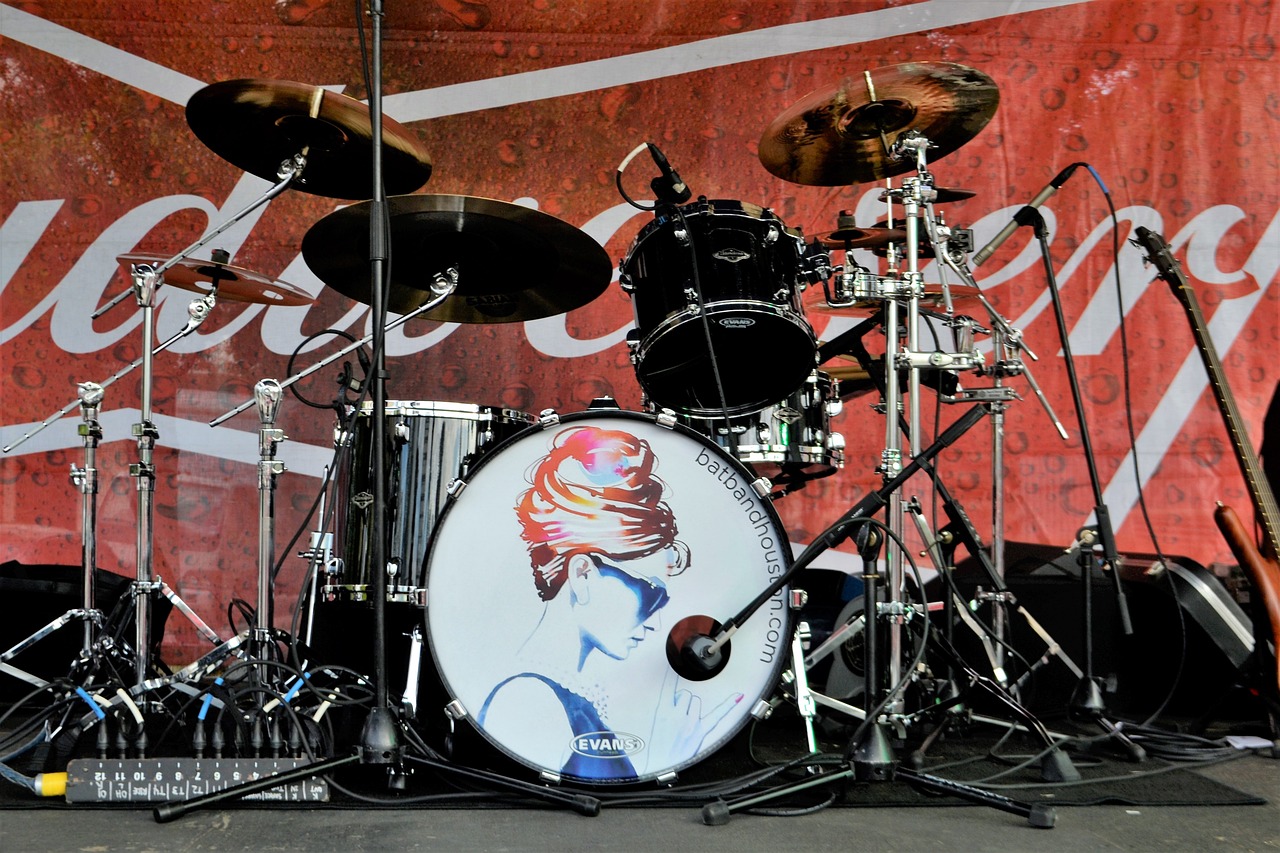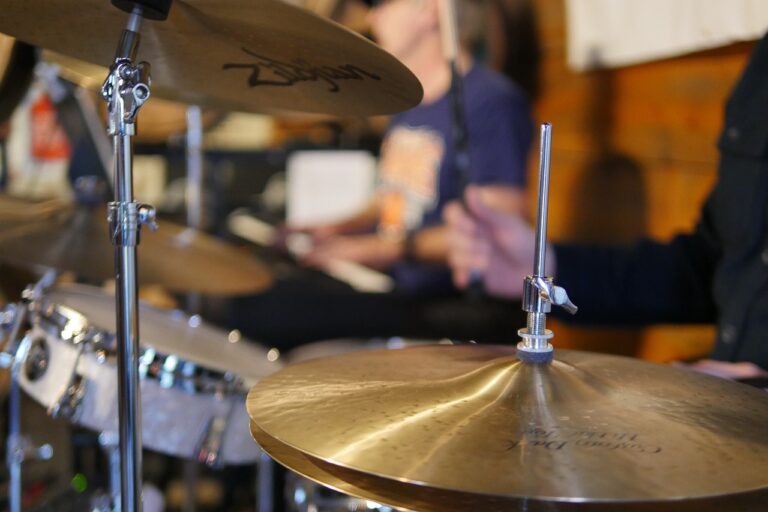The Future of Music Festivals: Innovations in Live Event Experiences
As the music festival landscape evolves, innovative technologies play a crucial role in enhancing the overall attendee experience. One such technology is virtual reality (VR), which allows festival-goers to immerse themselves in interactive and engaging environments without leaving the festival grounds. Through VR experiences, attendees can explore different stages, interact with virtual art installations, and even attend virtual meet-and-greets with their favorite artists.
Another technology making waves in the music festival scene is cashless payment systems. By enabling attendees to make purchases using RFID wristbands or mobile apps, cashless payment systems streamline transactions and reduce waiting times at food vendors, merchandise booths, and other festival attractions. This not only enhances convenience for attendees but also reduces the risk of theft or loss associated with carrying cash or cards.
Sustainable Initiatives in Music Festival Production
Sustainable initiatives in music festival production have become a vital aspect of organizing successful events. From reducing single-use plastic to promoting public transportation, festivals are increasingly implementing eco-friendly practices to minimize their environmental impact. By incorporating renewable energy sources and prioritizing waste management, organizers are not only reducing their carbon footprint but also setting a positive example for attendees.
In addition to environmental considerations, sustainable initiatives in music festival production also encompass social responsibility aspects. Festivals are focusing on supporting local communities, sourcing ethical food and beverage options, and embracing diversity and inclusion in their lineups. By fostering partnerships with local businesses and actively engaging with diverse artists and performers, festivals are creating a more inclusive and socially aware environment for all attendees.
Inclusive Programming and Diversity in Lineups
In today’s dynamic cultural landscape, music festivals play a crucial role in fostering inclusivity and celebrating diversity. The presence of a diverse lineup not only enriches the overall experience for attendees but also promotes a sense of belonging and unity within the community. By curating a lineup that showcases artists from different backgrounds and genres, festivals have the power to connect people from various walks of life and create a space where everyone feels represented and valued.
Inclusive programming goes beyond just the musical aspect of festivals; it encompasses a wide range of activities and initiatives that cater to the diverse interests of attendees. From art installations to workshops, food vendors to wellness activities, festivals are constantly expanding their offerings to ensure that there is something for everyone to enjoy. Embracing inclusivity in all aspects of event programming not only enhances the overall attendee experience but also sends a powerful message of acceptance and celebration of diversity.
Why is inclusive programming important in music festival lineups?
Inclusive programming ensures diversity and representation of different cultures, genres, and backgrounds, creating a more welcoming and engaging environment for all attendees.
How can music festivals enhance attendee experience through innovative technologies?
Music festivals can use technologies such as virtual reality, interactive apps, RFID wristbands, and cashless payment systems to streamline processes, provide personalized experiences, and improve overall event logistics.
What are some sustainable initiatives that music festivals can implement in production?
Music festivals can reduce waste by implementing recycling programs, using eco-friendly materials for facilities and merchandise, promoting public transportation options, and supporting local sustainability initiatives.
How can music festivals promote diversity in their lineups?
Music festivals can actively seek out and book a diverse range of artists from different backgrounds, genres, and cultures to ensure representation and inclusivity in their lineup. They can also collaborate with organizations that support diversity and inclusion in the music industry.







